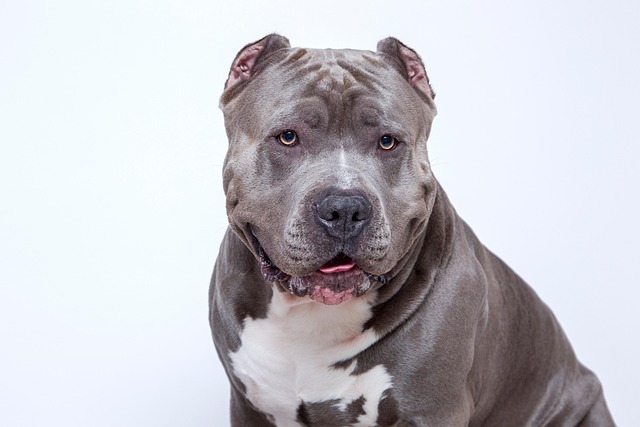
How do you treat gastrointestinal disease in dogs?
Gastrointestinal (GI) issues in dogs are more common than many new pet owners realize—they can pop up after a stolen table scrap, a sudden food switch, or even stress from a new apartment move.
Canine parvovirus is undoubtedly a terrifying nightmare for dogs and their owners. When pet owners are informed that their dogs have been diagnosed with parvovirus, their hearts are often filled with fear, anxiety, and endless worry. The question "How long will a dog live with parvo?" weighs heavily on the minds of every owner, like a huge stone.
Canine parvovirus is a highly contagious virus that poses a great threat, especially to young puppies. It mainly attacks the dog's gastrointestinal tract and immune system. Once a dog is infected, the disease usually progresses rapidly. In the early stages of the virus invading the dog's body, the dog may show a lack of appetite. A dog that was originally lively and active starts to become listless and loses interest in its favorite toys and food. Subsequently, frequent vomiting and diarrhea will follow. The dog may vomit undigested food at first, which will then develop into foamy mucus, and even yellow-green liquid. The feces excreted during diarrhea emit an extremely unpleasant, fishy smell and often appear in the form of ketchup-like stools, which is a typical manifestation of damaged and bleeding intestinal mucosa.
From a professional medical perspective, the survival time of a dog infected with parvovirus is affected by a variety of factors. Firstly, the dog's own age is a crucial factor. Young puppies, especially those under three months old, have an immature immune system and extremely weak physical resistance. Once infected with parvovirus, their condition is usually more severe and progresses rapidly. In contrast, adult dogs have a relatively mature immune system. After being infected with parvovirus, their bodies have a certain ability to fight against the virus, and the probability of survival is relatively higher.
Secondly, the type of virus strain that the dog is infected with and the amount of virus it is exposed to also significantly determine its survival time. Different virus strains have varying pathogenicities. Some highly virulent strains may cause serious damage to the dog's body in a short period, leading to multiple organ failure and greatly shortening the dog's survival time. Dogs that are infected with a larger amount of the virus also face greater pressure on their immune systems, and the deterioration of their condition may be faster.
 Furthermore, the timeliness and effectiveness of treatment play a vital role in the dog's survival. If the owner can detect the symptoms of infection in the dog early and take it to a professional veterinary hospital for diagnosis and treatment, the dog's chance of survival will be greatly increased. Treating a dog infected with parvovirus usually requires comprehensive treatment measures. On the one hand, fluid infusion is necessary to correct dehydration and electrolyte imbalance caused by vomiting and diarrhea, maintaining the normal metabolic function of the body. On the other hand, anti-vomiting and anti-diarrhea medications are needed to relieve the dog's symptoms and reduce its pain. At the same time, antibiotics will be used to prevent secondary infections because when a dog's body is weak and its immune system is damaged, it is very vulnerable to the invasion of other bacteria. In addition, some veterinary hospitals also use biological products such as immunoglobulin to enhance the dog's immunity and help it fight against the virus.
Furthermore, the timeliness and effectiveness of treatment play a vital role in the dog's survival. If the owner can detect the symptoms of infection in the dog early and take it to a professional veterinary hospital for diagnosis and treatment, the dog's chance of survival will be greatly increased. Treating a dog infected with parvovirus usually requires comprehensive treatment measures. On the one hand, fluid infusion is necessary to correct dehydration and electrolyte imbalance caused by vomiting and diarrhea, maintaining the normal metabolic function of the body. On the other hand, anti-vomiting and anti-diarrhea medications are needed to relieve the dog's symptoms and reduce its pain. At the same time, antibiotics will be used to prevent secondary infections because when a dog's body is weak and its immune system is damaged, it is very vulnerable to the invasion of other bacteria. In addition, some veterinary hospitals also use biological products such as immunoglobulin to enhance the dog's immunity and help it fight against the virus.
During the treatment process, we can deeply feel the tenacious will to live of these dogs, which also touches everyone who cares about them. There was once a small Teddy named "Buddy" that was infected with parvovirus when it was two months old. When it first arrived at the hospital, it lay weakly on the examination table, its eyes half-open and half-closed, and its body trembling. But during the treatment by the medical staff, every time they gently stroked its head and encouraged it softly, it would try its best to raise its head and respond with a weak look in its eyes, as if telling everyone that it would try its best to survive. After a week of meticulous treatment and care, "Buddy"'s condition gradually improved. It began to have an appetite, and its spirit got better day by day. Eventually, "Buddy" overcame the parvovirus and returned to its owner healthy.
However, not all dogs infected with parvovirus are so lucky. Some dogs may, due to the late discovery of their condition or their poor physical condition, still fail to overcome the disease despite the full efforts of the medical staff. This is undoubtedly a great sorrow for the owners. Every pet owner endures great psychological pressure during the period when their dog is ill. They stay by the dog's side day and night, watching their beloved pet suffer from the illness, filled with self-blame and helplessness. How they wish they could take the pain for their dogs and as long as their dogs could recover.
Returning to the question "How long will a dog live with parvo?", there is actually no definite answer. Under ideal circumstances, after timely and effective treatment, many dogs infected with parvovirus can gradually recover within about one to two weeks and regain their former vitality and health. But there are also some dogs whose condition may deteriorate rapidly within just a few days, and they eventually lose their lives.
As pet owners, what we can do is not just to seek treatment actively when our dogs are sick, but more importantly, to do a good job in prevention on a daily basis. Regular vaccination of dogs is the most effective means to prevent parvovirus infection. At the same time, we should pay attention to the dog's dietary hygiene and avoid letting them come into contact with environments and items that may be contaminated by the virus. During the dog's growth process, we should give them sufficient love and a good living environment, so that they can have a healthy and strong body, which can better resist the invasion of the virus.
For those dogs that are currently struggling with parvovirus, we should give them more patience, love, and encouragement. Although they cannot speak, they can feel the company and support of their owners. Every stroke, every gentle word may become their motivation to overcome the disease. And for those owners who have lost their dogs, we should also offer understanding and comfort, because what they have lost is not just a pet, but an important member of the family, a close friend who has given them countless joys and companionship. We hope that every dog can grow up healthily and happily, far away from the troubles of diseases.

Gastrointestinal (GI) issues in dogs are more common than many new pet owners realize—they can pop up after a stolen table scrap, a sudden food switch, or even stress from a new apartment move.
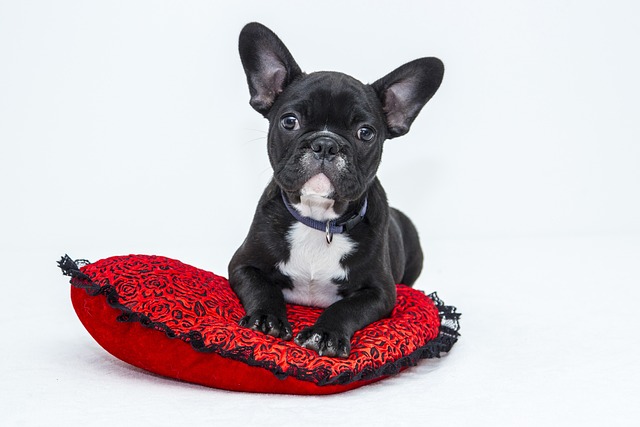
It’s a common misconception that health problems only affect older dogs. The reality is that certain issues can appear at any stage of a dog’s life
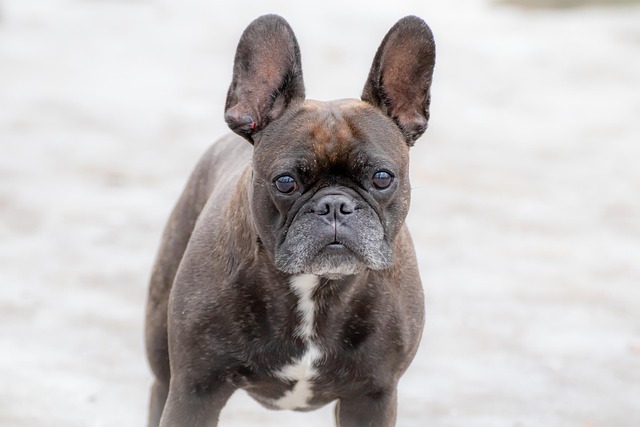
I sat with my friend Tom in his backyard last weekend, watching his 10-year-old German Shepherd, Bear, doze in the sun. “I keep wondering how much time we have left

I stood in a pet store with my friend Jake last weekend, watching him stare at a wall of puppy products—his 10-week-old French Bulldog, Lola, was coming home in 3 days
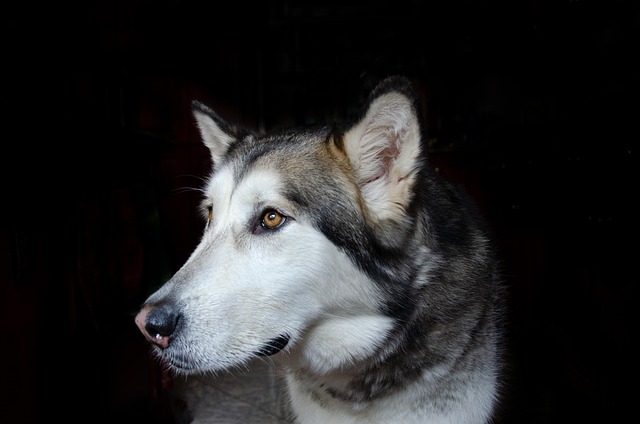
Gastroenteritis can throw a wrench in your dog’s usual energy—one day they’re begging for table scraps, the next they’re turning away from their favorite kibble, or dealing with upset tummies.
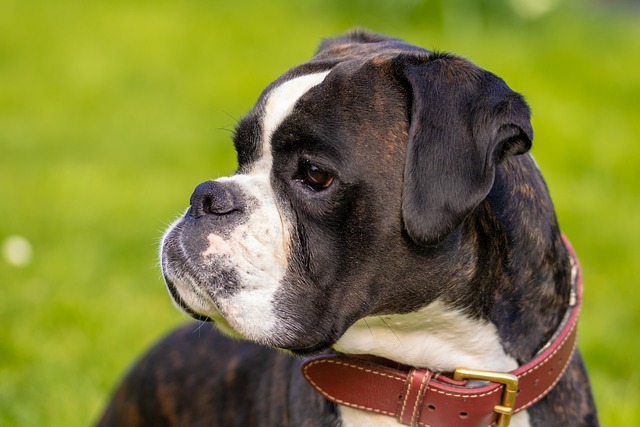
I sat with my coworker Mike in the break room last week, as he flipped through a stack of dog food bags—his 9-year-old Lab, Duke, had just been diagnosed with early kidney disease